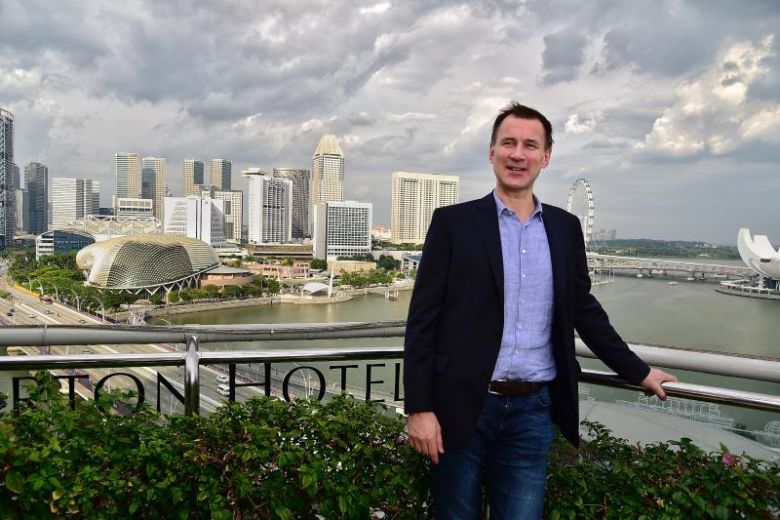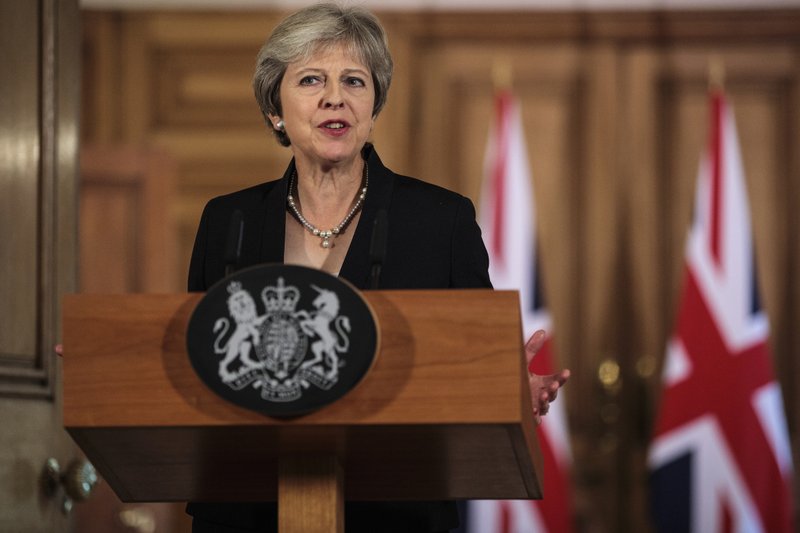This week, water company bosses are waiting to see how Ofwat will influence their fate, over the next five years. They are aware they may need to prepare for an end to privatisation of the industry. If Mr Corbyn wins the next General Election, he has already threatened to re-nationalise water companies along with rail and other businesses.
Water companies are already under scrutiny. It is felt they prioritise shareholders above their customers and the environment. Some like Thames and SE Water, are privately owned by overseas investors, or UK pension funds.
Investing in infrastructure is crucial, including building new reservoirs. Here in the South East demand for water is rising, while rainfall is declining.
Discussion regarding water storage peaks at times of drought and hose pipe bans, but soon fades when it starts raining. Deciding whether to cease house building, or invest in additional water storage, should concern developers and planners, who must be held to account.
A subject rarely discussed, is investment in technology to improve the quality of water. Increased contamination with pollutants such as phenolic oestrogen, nitrates and acidification is critical.
Water treatment works do not currently have the technology to filter out damaging microorganisms and drugs, which make their way into the human body, domestic animals, farm livestock and wildlife, through drinking water, causing harmful effects leading to malfunctioning body organs.
We should be very worried when we see fish in some rivers, where there are now no males. This information is disturbingly kept under cover, which is unacceptable as the public must be made aware of the impact oestrogen is having on fish, and is clearly already affecting human male fertility and other related malfunctions.
Water contamination is not confined to the UK. Countries where crops, including fruit and vegetables rely heavily on irrigation are also a risk. Increasingly imported ‘fresh’ produce sold in supermarkets, is contaminated with nitrates and heavy metals. Surely investment in British water and healthy sustainable food production must be a priority.
Singapore is noted as a shining example of a good place to do business, and a safe place to live. This independent, democratic and dynamic country is thriving, without being tethered to the protectionist Malaysian Federation.
James Dyson is moving his HQ to Singapore, not to escape Brexit of which he is a vocal supporter. His market in expanding in Asia, and Singapore’s location, and business friendly tax arrangements no doubt count, as well being assured that Jeremy Corbyn will not become Prime Minister!
I have the utmost sympathy for the family of drug taking and pusher Ye Ming Yuen. Parents coping with offspring involved with drugs must live in despair. Jeremy Hunt’s criticism of Singapore’s harsh but effective drug laws, is unwarranted. This 29 year old repeatedly flaunted Singapore’s laws which are clear and concise. As I have mentioned before, enormous signs at all entrances to the country, inform travellers that if they are in possession of drugs they will face the death penalty, which Mr Ming Yuen chose to ignore. He is fortunate, his sentence is 24 lashes and a prison sentence not the death penalty, he has been let off lightly.
For Jeremy Hunt to criticise Singapore, when the UK drug scene is out of control, causing untold misery, including death, slavery, knife crime, and kids as young as ten involved in drug taking and dealing, is absurd. The NHS, police and legal system are unable to cope with the criminals, and the thousands out of their tiny minds through drug taking. Dictating to a country whose streets are safe because drug taking and dealing is dealt with harshly, is unacceptable.





 RSS Feed
RSS Feed